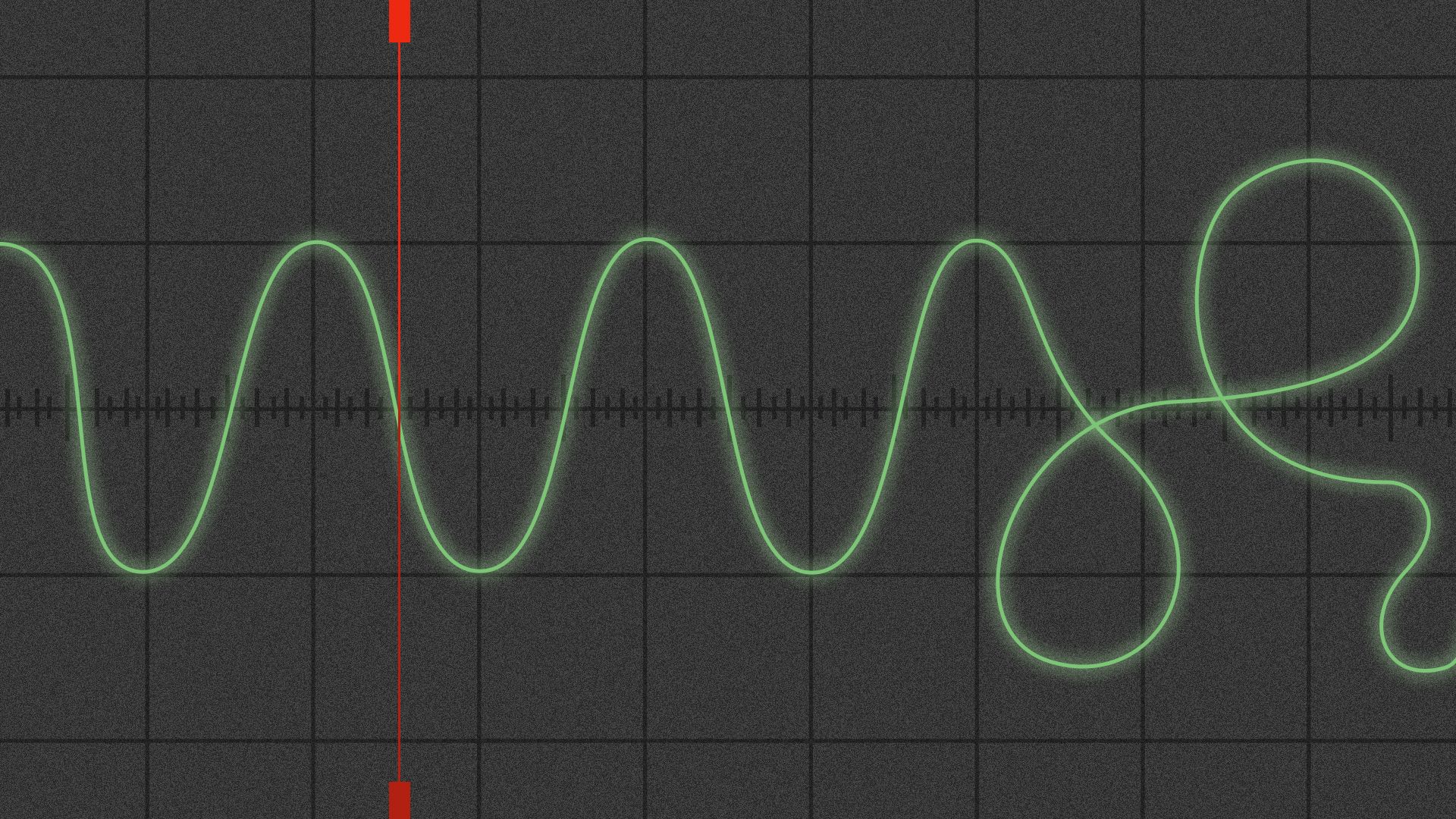Wall Street's obsession with an esoteric airwaves fight
Add Axios as your preferred source to
see more of our stories on Google.

Illustration: Aïda Amer/Axios
Wall Street has become fascinated with a battle over 5G airwaves at the Federal Communications Commission — not because of the next-generation technology itself, but because of the potential investment wins.
Why it matters: The twists and turns of the FCC's debate over a swath of satellite airwaves has put billions on the line and shows a divide between D.C. and Wall Street on how to think about 5G.
Investors are less interested in 5G generally, and more in the fate of the companies at the center of a spectrum auction. The spotlight has been brightest on Intelsat, which has about $14 billion in debt and may need to clear a substantial sum from the airwaves sell-off to remain solvent.
- "DC is heavily 'invested' in 5G — Wall Street, not so much," said Blair Levin, a former FCC official and now an advisor at New Street Research. "There’s lots of different bets going on, but they're not 5G bets."
Driving the news: The FCC will vote Friday on a plan to auction off coveted radio frequencies known as the C-band for 5G use.
- The decision will be the culmination of a years-long policy fight that drew intense interest from the satellite companies that currently own the airwaves licenses, the cable and broadcast companies that rely on them to deliver programming, and the wireless companies that want to use them for their 5G services.
- The battle drew the attention of lawmakers on the Hill, the Trump administration and Wall Street traders.
- The stocks of the satellite companies involved have roller-coastered off reports on what the FCC might do. "That’s billions of dollars being moved on rumors of FCC action — that’s kind of unusual," Levin said.
Context: The spectrum is so sought-after because it sits in "mid-band" wireless frequencies that carry signals a long way but can still pack in a lot of data. Companies investing in 5G are clamoring for more of this mid-band spectrum to supplement high-capacity "high-band" airwaves that can only travel over short distances, making network build-out more expensive.
The intrigue: Of the satellite companies, Intelsat has been the one Wall Street is watching particularly closely. It is highly leveraged, and rumors have swirled about the possibility of bankruptcy.
- Intelsat and other satellite companies formed a group called the C-Band Alliance to lobby the FCC, hoping to win approval to let them sell off a portion of their airwaves licenses in a private auction and — most importantly — keep the billions in proceeds.
- But bipartisan lawmakers balked at the idea of airwave proceeds not going to the Treasury, which has collected tens of billions of dollars in auction proceeds in recent years.
- FCC Chairman Ajit Pai ultimately said the agency would run the auction. He's proposing up to $9.7 billion in incentive payments to the satellite companies if they meet accelerated deadlines for moving off the airwaves, with another $3.3 billion to $5.2 billion to cover the costs of moving their operations to other frequencies.
What to watch: Pai's plan is up for a vote Friday, with Intelsat arguing ahead of the FCC meeting that it should get a larger percentage of the incentive payment.
Reality check: Wall Street has been somewhat skeptical of the heavy investment providers have poured into 5G.
- That's because of the long deployment timeline and concerns that consumers aren't really willing to fork over more money for the service even when it is widely available, hurting the telecom industry's chances of recouping the costs.
The bottom line: Under the FCC's public draft proposal, Intelsat could receive $4.85 billion in payments, but a major investor warned the company that unless better terms are reached with the FCC, the board has "no choice but to resort to bankruptcy."
